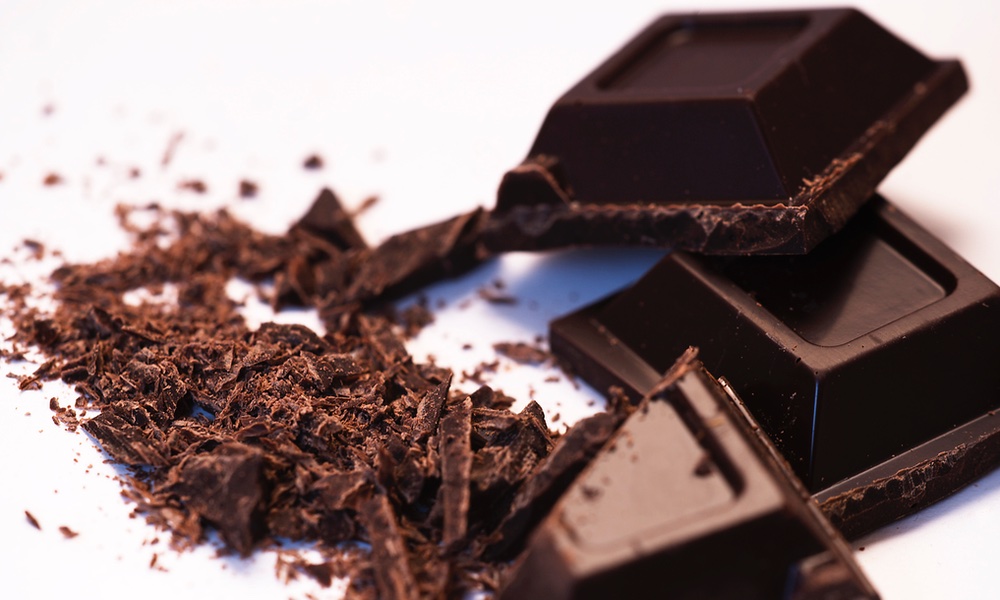Some of chocolate's health benefits are well-known. It is good for your heart and your brain. Less well-known is that chocolate can help prevent type 2 diabetes.
Not all chocolate is equally good for you, however. A recent Harvard study found that choosing dark chocolate rather than milk chocolate can make a big difference to your health.
“For anyone who loves chocolate, this is a reminder that making small choices, like choosing dark chocolate over milk chocolate, can make a positive difference to their health,” the study's lead author, Binkai Liu, a doctoral student in the Department of Nutrition at Harvard T.H. Chan School of Public Health, said.People who ate at least five servings a week of dark chocolate had a 21 percent lower risk of type 2 diabetes — more than double the reduction associated with milk chocolate.
The study analyzed associations between type 2 diabetes and total chocolate consumption for over 192,000 participants, based on the food frequency questionnaires they completed every four years. The researchers also looked at the type of chocolate — dark or milk — of 11,650 participants over an average period of 25 years.
Because a person's weight strongly predicts risks of type 2 diabetes, the food questionnaires were also used to assess participants' total energy intake.
Nearly 19,000 people in the study developed type 2 diabetes over the study period. The authors found — after adjusting for personal, lifestyle and dietary risk factors — that people who ate at least five servings a week of any type of chocolate had a 10 percent lower rate of type 2 diabetes compared with those who rarely or never ate chocolate, a significant drop. One serving was defined as equal to a standard chocolate bar/pack or 1 ounce.
More importantly, people who ate at least five servings a week of dark chocolate showed a 21 percent lower risk of type 2 diabetes — more than double that associated with milk chocolate.
“We were surprised by the clear split between dark and milk chocolate's impact on diabetes risk and long-term weight management,” said corresponding author Qi Sun, associate professor in the Departments of Nutrition and Epidemiology. “Even though dark and milk chocolate have similar levels of calories and saturated fat, it appears that the rich polyphenols in dark chocolate might offset the effects of saturated fat and sugar on weight gain and diabetes. It's an intriguing difference that's worth exploring more.”
Chocolate consumption among the participants was low relative to previously recorded national averages, the authors note. They suggest that the findings may not apply to individuals with very high chocolate consumption.
The study is published in The BMJ.





